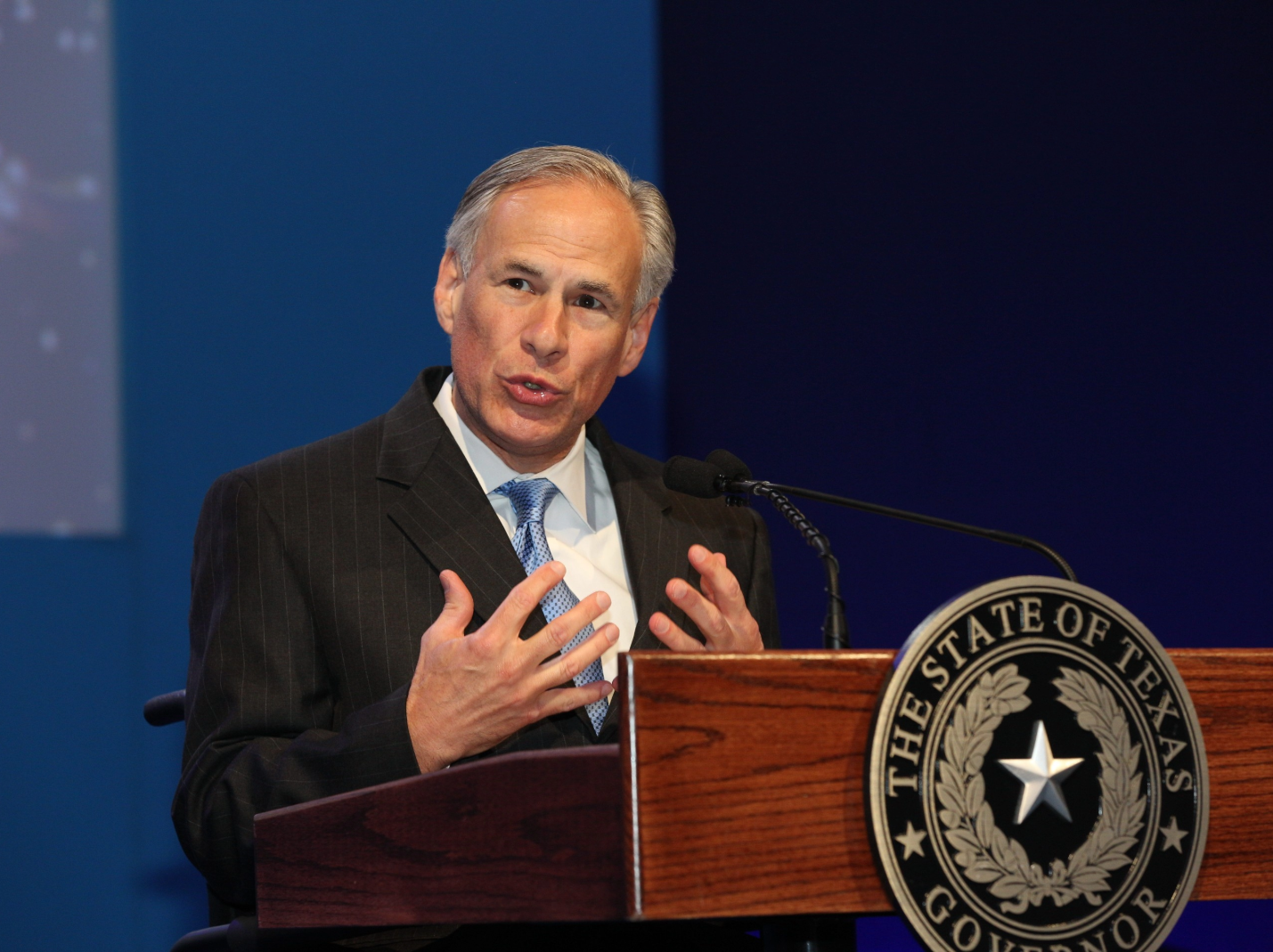
Editor’s Note: The following article was originally published by RealClear Education on June 16, 2025. It has been edited to match MTC’s style guidelines and is crossposted here with permission.
Texas Gov. Greg Abbott will soon sign a bill that will empower the appointed governing boards of Texas public universities with greater oversight of the institutions under their charge. This comes at a time when an increasing number of people recognize the need for higher education accountability and reform.
The bill directs the governing board of the university to review the “general education” curriculum at least once every five years. The specific purpose is to ensure that four critical qualities are met for the courses. First, the courses are “foundational and fundamental to a sound postsecondary education.” Second, courses are necessary for preparing students for their “civic and professional life.” Third, they equip students for “participation in the workforce and in the betterment of society.” Fourth, verify that the “breadth of knowledge” complies with accreditation standards.
Additionally, under the Act, university governing boards are tasked with reviewing tuition, fees, and the time required for students to complete an undergraduate degree program. Governing boards are permitted to appoint a committee to assist and make recommendations.
The bill aids university governing boards in fulfilling oversight responsibilities by extending their decision-making authority over top leadership beyond appointing the chancellor or president to include approving the provost. The job function of a provost involves overseeing enrollment, course offerings, and tuition, as well as the policies associated with these areas. It’s not only common sense but essential that the university governing board can determine if a provost is the necessary fit for that role.
Senate Bill 37 passed the Senate on April 16 by a vote of 20-11 along party lines. The House passed the bill 85-56 on May 25, with one Democrat joining Republicans voting in favor. It was signed in the Senate on June 1, and the following day, it was signed in the House, at which point it was sent to the governor for his signature.
[RELATED: Texas Republicans Designed a DEI Machine and Don’t Know It Yet]
Not surprisingly, the Texas AFT teacher union, with 66,000 members ranging from K-12 to college, issued a press release on June 2 expressing their dissent with over-the-top claims. The headline read: “With the passage of Senate Bill 37, faculty warn of the impending ‘brain drain’ of students, researchers, and faculty from Texas higher education institutes.” It describes the bill as “a state overreach into higher education” that is “censorship over education,” a “threat to research and innovation,” and results in “risks to public health.”
The Texas AFT claims that the bill will “worsen an already dire situation for faculty and students wondering whether it is tenable to remain at Texas colleges and universities.” Also, claiming that the bill will cause students to wonder whether they “will be safe or supported or taught the critical-thinking skills they need to succeed.”
The claims are unfounded, and, as usual, the teachers’ unions are balking at any type of reform to public education—whether K-12 or higher education—which currently functions as a massive jobs program. And the more employees in the system, the greater the benefit to the union’s bottom line, which, without question, is measured in money from member dues and more political power for their agenda. It’s never about what’s best for the education of students.
However, the union doesn’t accurately reflect the views of those it claims to champion. Daniel A. Bonevac, professor of philosophy at the University of Texas, wrote recently in the Austin American-Statesman his support of the bill. Offering insight, he shared: “To maintain our state’s distinction in a rapidly evolving global market, our higher education institutions must stay focused on academic excellence and research with real-world impacts. They need to prepare students to succeed. That means bringing greater accountability and efficiency to our institutions of higher education.”
Concluding, Bonevac wrote, “Under SB 37, Texas students will receive a higher-quality and better-rounded education.” Both are desperately needed today at American public and so-called elite private universities, where merit has been stripped in the name of DEI and woke ideologies reign supreme. Soon, Texas will take a step in the right direction with Gov. Abbott’s signature of Senate Bill 37. Other states would be wise to follow with similar legislation.
Image: “Greg Abbott, Governor of Texas” by World Travel & Tourism Council on Flickr